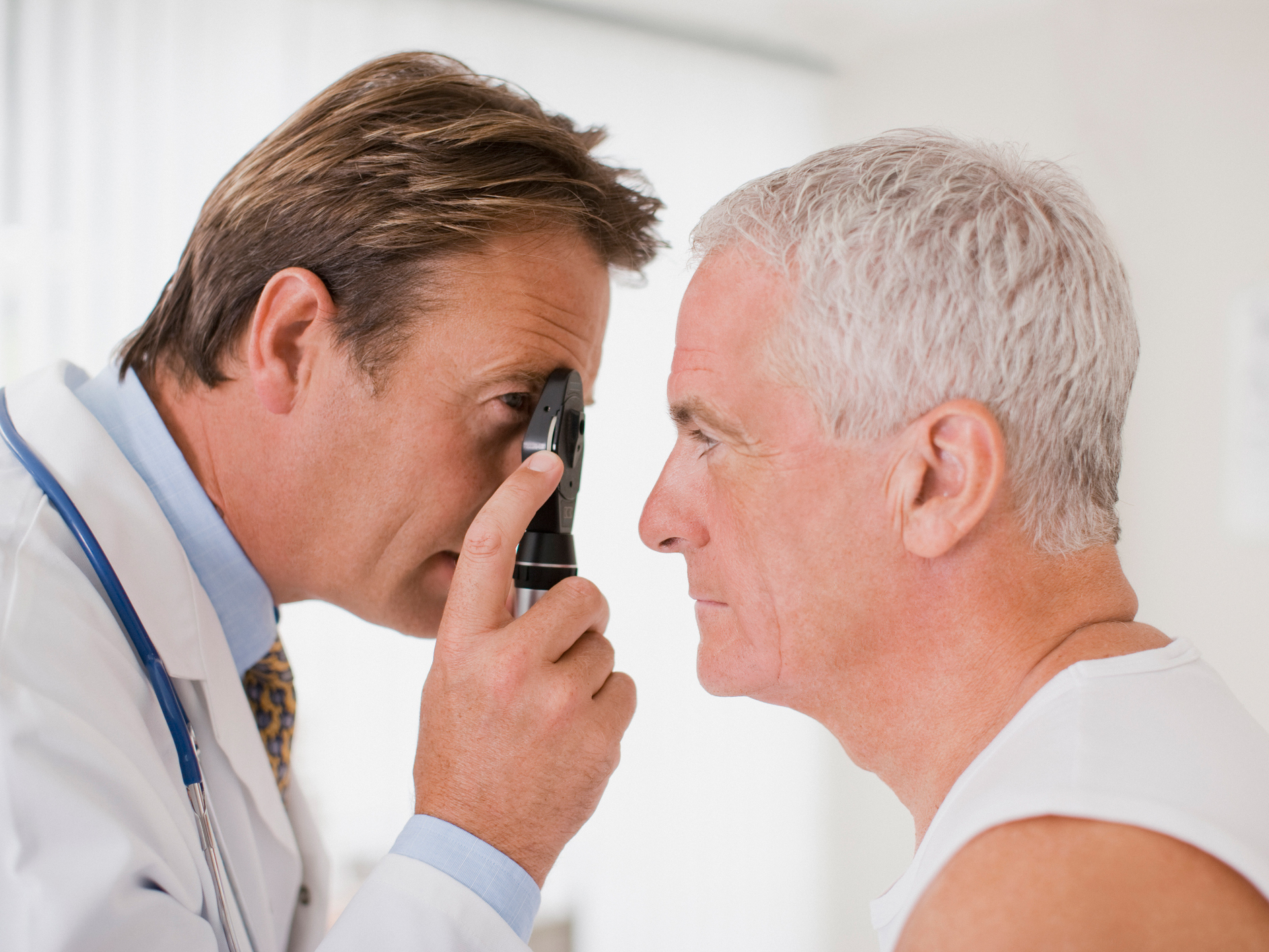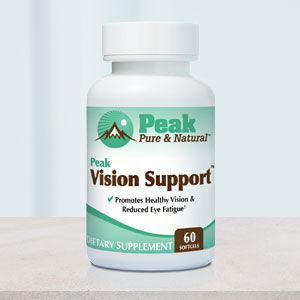Get Easy Health Digest™ in your inbox and don’t miss a thing when you subscribe today. Plus, get the free bonus report, Mother Nature’s Tips, Tricks and Remedies for Cholesterol, Blood Pressure & Blood Sugar as my way of saying welcome to the community!
This cholesterol-lowering vitamin could cause eye damage

If you have high cholesterol, you’re probably on the hunt for natural alternatives to statins. Why?
Statins have serious side effects, like muscle damage, liver damage, memory loss and an increased risk of type 2 diabetes, to name a few.
If you are searching for statin alternatives, you may have heard a thing or two about a pretty popular one — niacin (also known as B3).
Doctors usually use niacin as the next line of defense against high cholesterol in people who don’t respond to statins or who develop some of the side effects I mentioned above. And it seems like a good alternative at first. After all, who wouldn’t want to replace dangerous statins with a simple vitamin?
But before you embrace this B vitamin as the cholesterol solution you’ve been searching for, there’s something you need to know…
Niacin has side effects, too… some of them pretty serious.
High doses of niacin (like those you might use to treat high cholesterol) could cause a rare but serious toxic reaction in your eyes.
Too much B3 can make you go blind
Retina specialists at the New York Eye and Ear Infirmary of Mount Sinai (NYEE) came across an unusual case recently…
A 61-year-old man came to the hospital with blurry vision that was gradually getting worse. It started roughly a month prior. At the time they examined him, he was almost legally blind.
He shared his medical history, which included a history of high blood pressure and high cholesterol. And eventually, he disclosed another interesting fact — he was taking high doses of niacin to lower his cholesterol.
Doctors used high-tech scans to take a closer look at his retinas. And it turned out, there was damage to his retinal cells caused by a rare toxic reaction called niacin-induced maculopathy.
This reaction is triggered when high doses of niacin cause fluid to build up in the macula (a small area in the center of the retina that allows you to see details on objects). The fluid retention leads to swelling and cellular damage. But here’s the good news…
Doctors figured out the cause of the man’s vision loss early enough. He stopped taking niacin, and he got his vision back again.
Seeing the side effects of niacin clearly
I didn’t tell you about this side effect to scare you from using niacin for your high cholesterol (or to avoid Alzheimer’s for that matter). It’s still a very good treatment option. I just want you to know about this risk, so you can be careful with your dosage.
It’s easy to think something that’s typically good for you (like a vitamin that balances cholesterol) is even better for you if you take more. But more isn’t always better.
The man I mentioned above took three to six grams of niacin daily for several months. That’s far more than what’s recommended. The daily upper limit for adults over 19 is 35 mg according to the National Institutes of Health.
Also, remember this was a rare occurrence. In fact, as you age, you can become prone to niacin deficiency, as we don’t process nutrients very efficiently as we get older.
If you decide to use niacin instead of statins, make sure to tell your doctor what you’re up to. That way, you can let him or her know immediately if you develop any odd symptoms that might be related to the supplement.
Editor’s note: While you’re doing all the right things to protect your brain as you age, make sure you don’t make the mistake 38 million Americans do every day — by taking a drug that robs them of an essential brain nutrient! Click here to discover the truth about the Cholesterol Super-Brain!
Sources:
- Eye damage linked to popular over-the-counter vitamin that lowers cholesterol can be reversed — MedicalXpress
- Optical Coherence Tomography, Fluorescein Angiography, and Electroretinography Features of Niacin Maculopathy: New Insight Into Pathogenesis — Journal of VitreoRetinal Diseases
- Niacin to boost your HDL, ‘good,’ cholesterol — Mayo Clinic
- Cholesterol Control: Statins vs. Niacin — Healthline
- Statin side effects: Weigh the benefits and risks — Mayo Clinic
- Help for your cholesterol when the statins won’t do — Harvard Health Publishing














